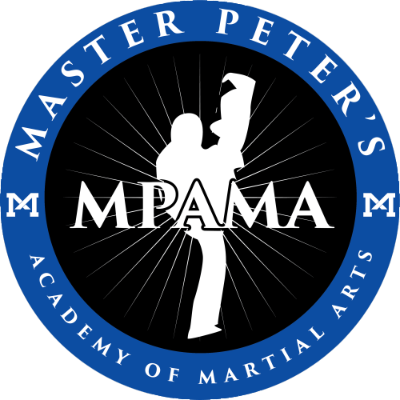As the new school year begins, it’s the perfect time for students to focus on building essential skills that will help them thrive both academically and socially. Among these, cooperation and teamwork stand out as critical abilities that can lead to a more rewarding and enjoyable school experience. Working well with others not only makes group projects smoother but also fosters friendships and a sense of community. Here are three ways kids can learn about cooperation and teamwork, along with insights into why these skills are so important:
Group Projects
One of the most effective ways to practice cooperation and teamwork is through group activities and projects, and these kinds of projects can be found in and outside of the school classroom. Whether it’s a science experiment, a group presentation, or even a fun learning game, working together toward a common goal teaches students how to share responsibilities, listen to different perspectives, and contribute their strengths. Get the whole family together, and think of an exciting group project that everyone can contribute to, such as redecorating a shared space, building something useful for the household, or even creating a fun craft together. No matter what project you pick, group activities encourage kids to communicate clearly, compromise when necessary, and support each other. Learning to navigate group dynamics is essential, as it helps students develop the ability to work harmoniously with others, a skill that will benefit them throughout their lives. Furthermore, group environments are commonplace during the school year, so practicing all these skills will benefit your child when they get back in the classroom!
Discussions and Debates
Engaging in discussions and debates is another excellent way for kids to practice cooperation. These activities require children to listen actively, respect differing opinions, and work together to reach a consensus or present a well-rounded argument. Encourage open and honest discussions about topics that your child is interested in, and it can be about anything! Discussions can range from simple topics such as favorite TV shows, to more complex issues like budgeting allowances or current events. By participating in discussions, kids learn that cooperation doesn’t mean always agreeing with one another but rather understanding and valuing each person’s contribution. Additionally, engaging in discussions and debates makes kids more aware of themselves and the world around them, and reinforces respect for others’ points of view. This skill is crucial not just in the classroom but also in everyday interactions, where effective communication and mutual respect are key to building positive relationships.
Team Sports and Extracurriculars
Team sports and extracurricular activities provide a fun and dynamic environment for students to practice teamwork skills. Whether on the playing field, in a music ensemble, or during a theater production, students learn the importance of working together to achieve a shared goal. These activities teach kids that everyone has a role to play and that success is often a collective effort. What’s more, is that extracurriculars show children the importance of practicing and honing your skills in order to improve and put forth your best work. Participating in team sports or group activities also helps students develop trust in their peers and a sense of accountability, as they realize that their actions directly impact the team’s overall success.
In Martial Arts
Training in martial arts offers a unique and powerful way for kids to develop cooperation and teamwork skills. While martial arts might seem like an individual pursuit, it actually requires a deep understanding of working with others. Whether through paired drills, sparring sessions, or group exercises, martial arts students learn to read their partner’s movements, offer support, and work together to improve. The discipline and respect ingrained in martial arts training further reinforce the importance of cooperation. Students learn that progress often comes through collaboration, where everyone helps each other grow and succeed.
Try it at Home!
Don’t just take our word on the importance of cooperation and teamwork; try it out for yourself! There are plenty of simple and fun drills that can be done with children and the whole family to help everyone improve the skills necessary to work together. Here is a great drill to try out, that will not only help kids practice their teamwork, but will also keep the whole family fit:
- Name of the drill: Partner Sit-Ups.
- What you need: Yourself, your child, and a pillow.
- How it works:
-
- The best way to start is for yourself (as the parent), to do the harder part first, to both demonstrate how it’s done, and to lead by example. So, start off by lying down in a sit up position.
- Instruct your child to lightly step on your toes to keep them in place, and hold a pillow a few feet above your knees.
- Then, pick a goal number for how many sit-ups you would like to do (5, 10, 20, etc.), and have your child count out your sit-ups as you go.
- Each time you sit up, use your closed fists to punch the pillow twice, twisting your upper body into each punch. Make sure your child has a tight hold on the pillow!
- After you finish, switch places with your child, and have them try the sit-ups!
- For an extra challenge, whoever is holding the pillow can move it to different spots for each sit-up, creating different targets for the punches each time.
- Repeat this drill a few times each day, and watch as the whole family’s teamwork skills improve, all while staying fit!
In Conclusion
As the school year begins, students have a fresh opportunity to practice and strengthen their cooperation and teamwork skills. Whether through group projects, discussions and debates, or team sports, these skills are essential for creating a positive and productive learning environment. Martial arts training further enhances these abilities, teaching students to work together with respect and discipline. By embracing cooperation and teamwork, students set themselves up for success both in and out of the classroom, laying the foundation for a rewarding school year and beyond!








